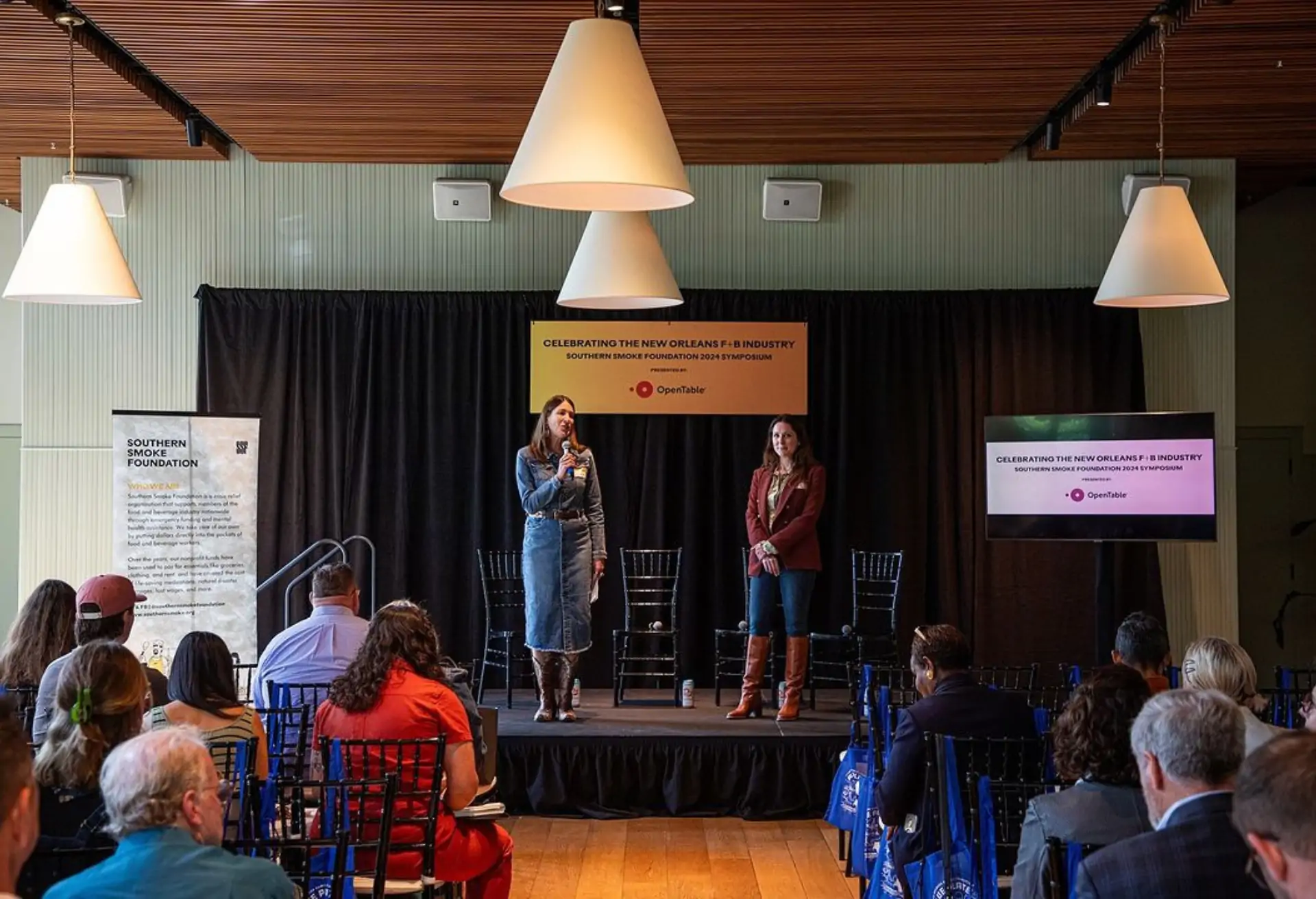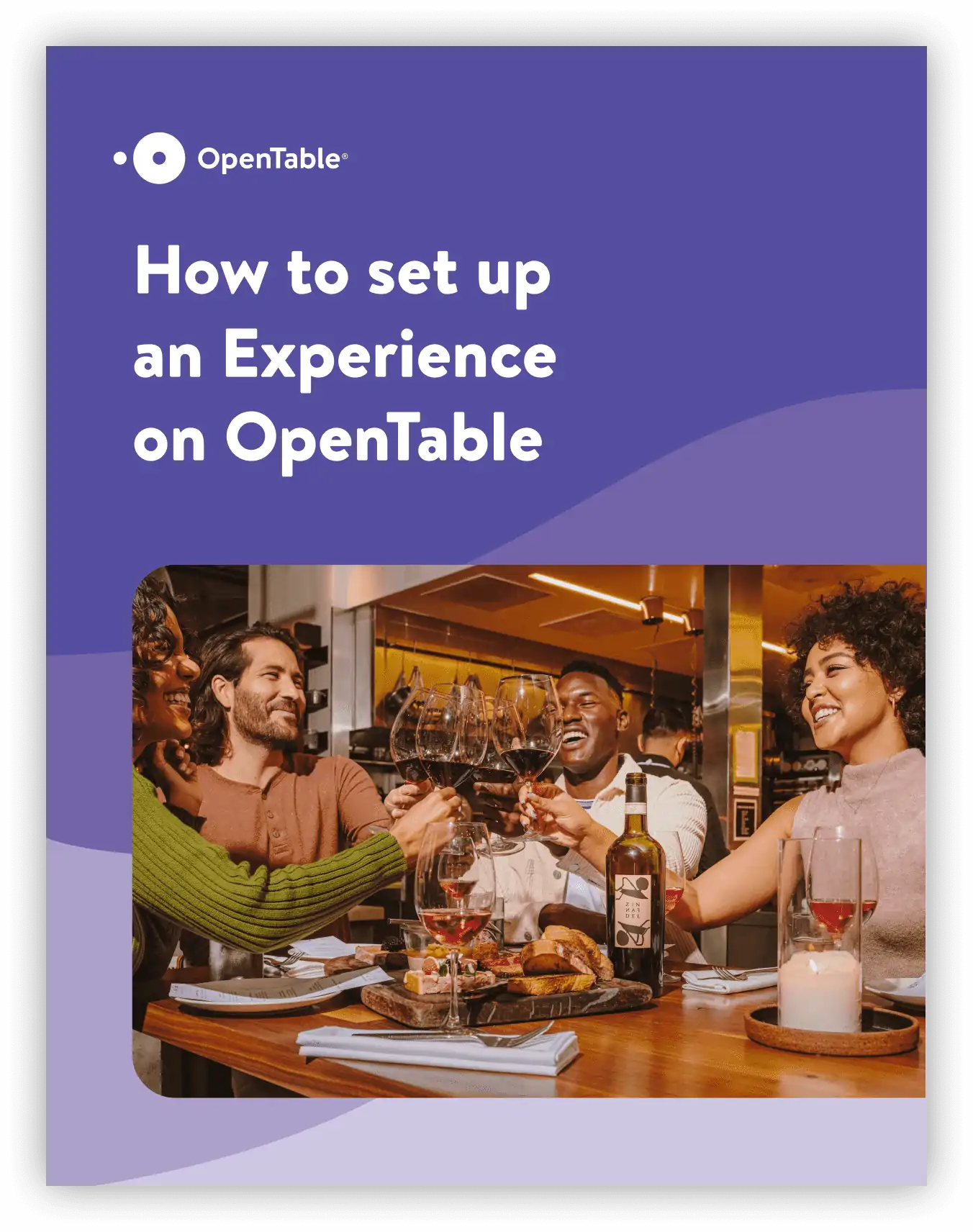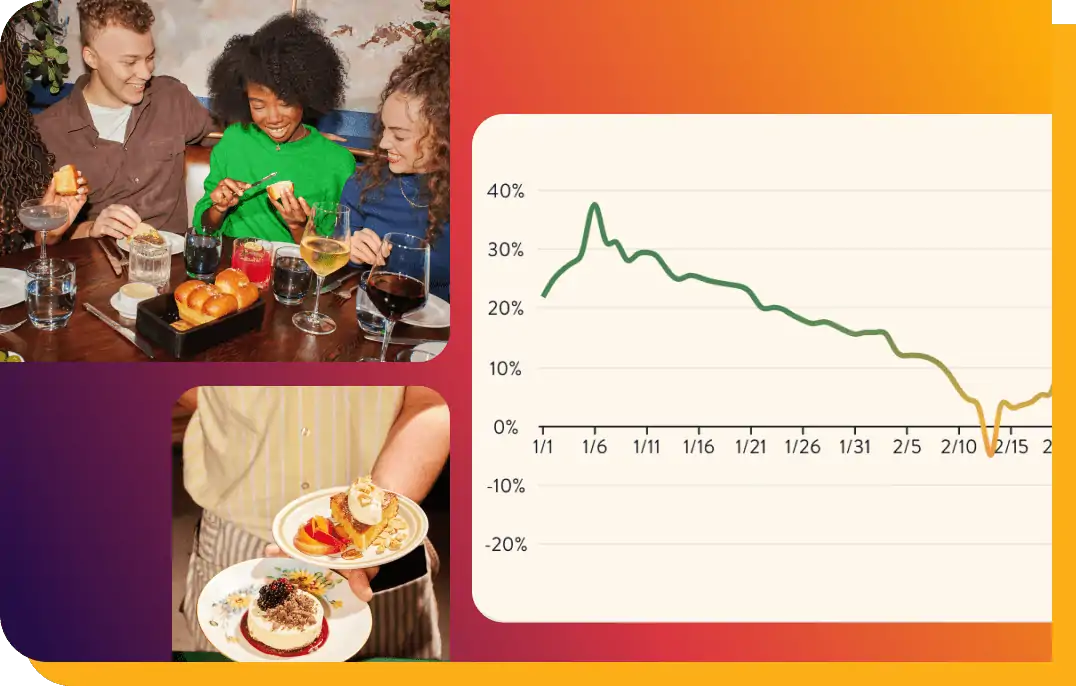From streamlining operations to automating guest touch points, artificial intelligence (AI) is rapidly transforming the hospitality industry. At the Southern Smoke Foundation Symposium in New Orleans this month, industry experts gathered to explore the evolving role of AI, including advancements in both “agentic AI” and “generative AI.” The panelists shared strategies for leveraging AI to enhance operations, help personalize guest experiences, and uncover opportunities for growth.
Read on for top takeaways and insights from the discussion.
Automating your least favorite tasks
Agentic AI is a recent advancement in artificial intelligence. It refers to AI that can act autonomously to achieve specific goals. Unlike generative AI, which follows set instructions, agentic AI can make decisions, learn from its environment, and independently optimize outcomes.
The panelists highlighted agentic AI’s potential in hospitality, suggesting that it can manage repetitive tasks like inventory control or supply chain logistics. For example, restaurants can use agentic AI to monitor inventory levels, automatically order supplies, and handle vendor communications. Advancements like this would alleviate the burden on staff, allowing them to gain time back to focus on their guests and providing exceptional dining experiences.
Boosting guest connection
Emma Blecker, director of business systems at Boqueria, emphasized how AI has simplified her team’s daily operations by generating thoughtful and accurate responses to guest reviews. This allows managers to devote more time to in-person guest interactions. Still, she reminded the audience that responses from a human almost always sound more authentic, and encouraged everyone to add that personal touch.
Cheryl Paniagua, head of major markets at OpenTable, shared how the AI tool “Copilot” helps her run more efficient meetings by handling note-taking and summarizing action items. She also highlighted how Glean helps her staff work more efficiently by streamlining access to company resources. Together, these tools make managing tasks easier for her team, freeing them up to spend more time supporting OpenTable restaurants.
Helping diners find you
Restaurants now rely on digital marketing to attract guests. A sign outside the door is charming (and still necessary!), but it isn’t enough in today’s fiercely competitive industry.
Whether it’s a specific keyword or a trending topic on Google, AI tools can help you generate ideas and create optimized content across your restaurant site and social channels. Some, like SEMrush, can even help you spot improvements for relevant content you’ve already written. By leveraging AI, you’ll help your restaurant appear consistently in search results and boost organic traffic.
However, the panelists noted the need to exercise caution with AI-generated content. Their advice? Use AI for inspiration, and avoid a direct copy and paste so your brand voice remains unique and original.
Handling reservations with ease
OpenTable integrates with tools like PolyAI and Slang.ai. These tools let restaurants customize a voice to handle inbound calls, guide diners through the reservation process, and answer common questions, freeing up staff to focus on the guests right in front of them.
The panel underscored that AI should be used to handle low-impact, repetitive tasks, while humans should always be used for guest interactions that demand a more personalized response.
AI can’t replace the human touch
Another topic that came up was the concern over AI replacing jobs. While panelists agreed that AI can help with admin tasks, such as scanning resumes and searching keywords during the hiring process, they emphasized that it can’t replace the human touch that’s so essential in hospitality. Instead, AI should be used to improve the workforce by freeing up staff to engage more frequently and meaningfully with guests.
Preparing you for successful service
Things like sales forecasting, staff scheduling, waste reduction, cost management, and beyond are all things AI can assist with in your restaurant. For example, AI software could account for your location and events in your city and suggest scheduling more staff on certain nights. It’s one less thing you have to worry about.
Innovating with AI at OpenTable
At OpenTable, we’re always looking for new ways to innovate with AI. This year, we launched new features for restaurants, like Assisted Review Responses, which helps restaurants respond to more reviews in less time, and a tool that makes it easy to create or update menus with help from AI.
Additionally, OpenTable is working to enhance the diner experience with AI. Soon, diners will be able to ask OpenTable detailed questions in natural language. For example, someone might ask, “Where can I find a good date night place with gluten-free options nearby?” and we’ll offer a personalized restaurant recommendation. This will make it that much easier for diners to discover and book restaurants like yours based on their unique needs and preferences.
A new era
As AI continues to evolve, it holds transformative potential for the restaurant industry—from increasing operational efficiency to enhancing guest experiences. By using AI to free up more time for human connection, restaurants can look forward to a future where technology enables them to deliver exceptional service.




